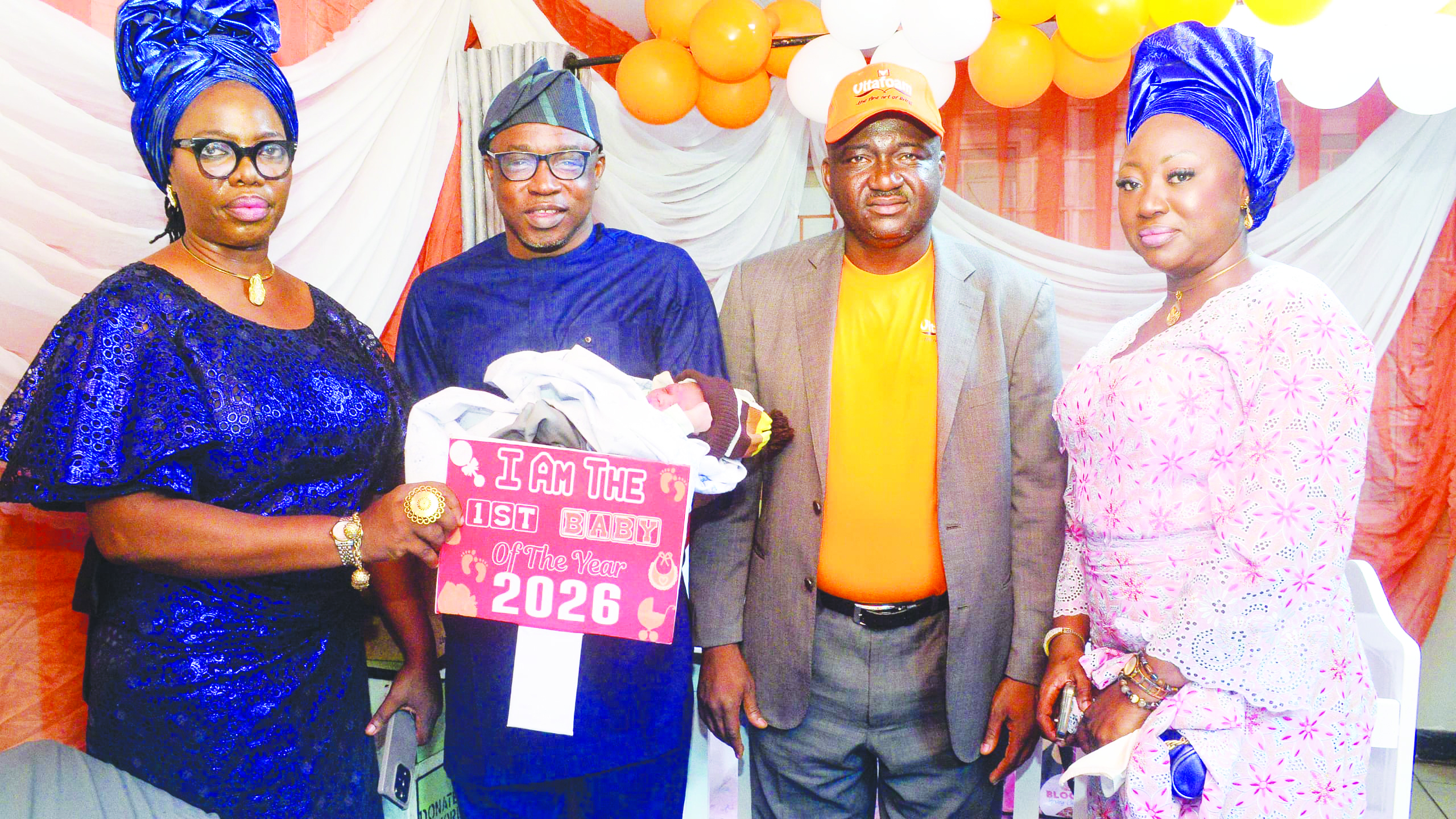The Federal Government has issued a final call for applications for the second cohort of the National Health Fellows (NHF) Programme. The NHF Programme is a key government initiative aimed at strengthening primary healthcare delivery and expanding the capacity of Nigeria’s health workforce. It was established to address longstanding gaps in community-level healthcare by recruiting, training, and deploying young professionals to serve in all 774 local councils.
The first cohort, admitted in January, completed training and has been deployed nationwide, supporting community health interventions, disease surveillance, and primary healthcare system strengthening.
Their deployment has contributed to improved mobilisation for preventive services, maternal and child health support, and coordination of local health activities.
Applications for the second cohort are open to Nigerians aged 25 to 35 with degrees in health sciences, information technology, social sciences, or related fields. Candidates must demonstrate capacity and willingness to work in community environments and contribute to public health improvement. The selection process, screening, competency review, and interview assessments are merit-based and transparent.
Selected fellows receive structured training covering public health principles, community engagement, disease prevention, leadership, and data reporting. This is followed by a supervised field placement to provide hands-on experience in primary healthcare settings. The model is designed to build a steady pipeline of young professionals equipped to address Nigeria’s persistent health challenges.
The programme is implemented under the Federal Ministry of Health and Social Welfare through the Sector Wide Approach (SWAp) Coordination Office, with technical support from national and international partners.
Minister of Health and Social Welfare, Prof. Muhammad Pate, said the fellowship aims to develop a new generation of healthcare leaders through capacity building, practical field engagement, and sustained professional development.
He added that the success of the first cohort demonstrates the potential of young Nigerians to contribute meaningfully to national development when given structured opportunities to serve.






